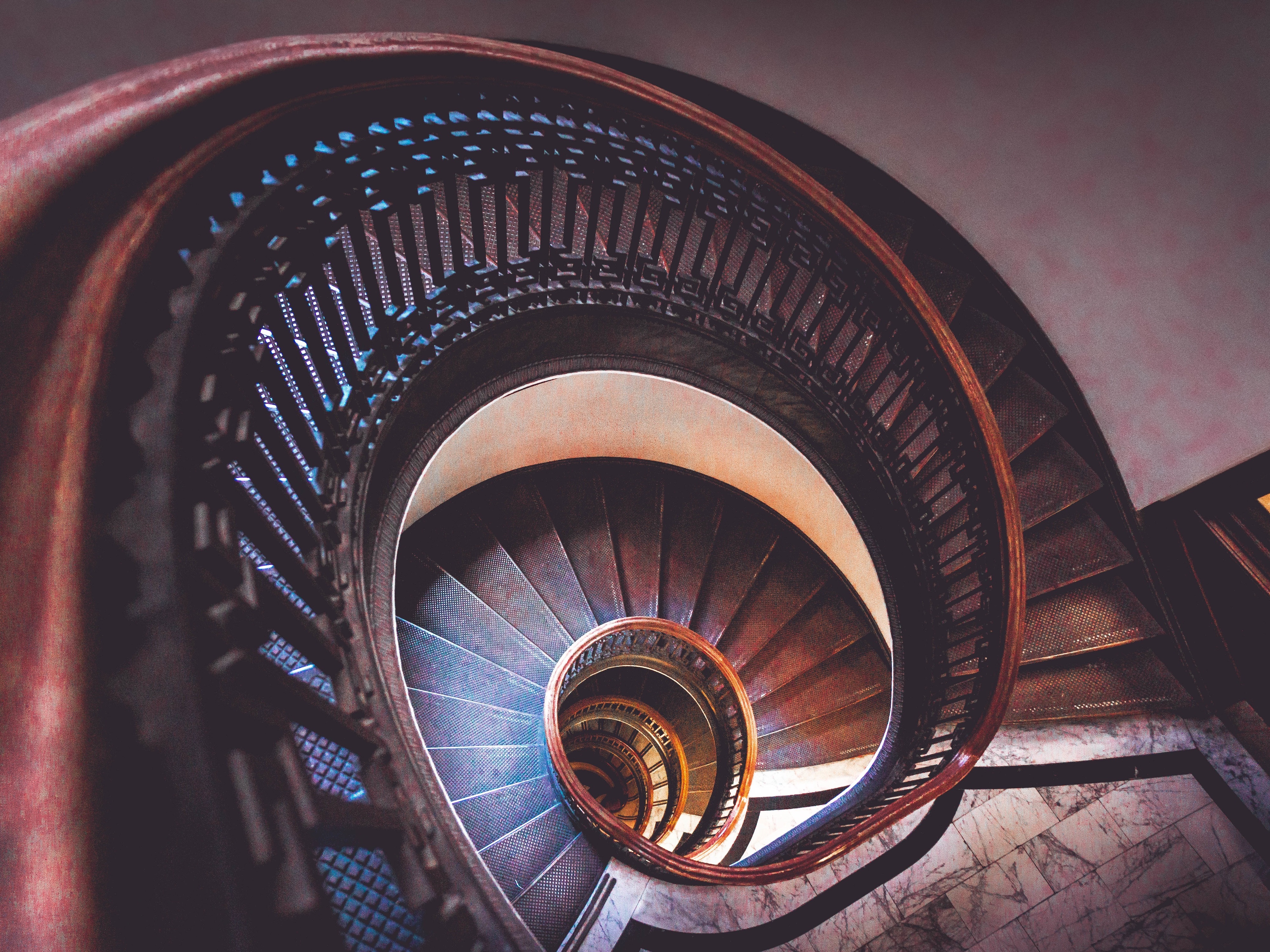
Health & Medicine
How attitudes disable

How rethinking our understanding of disability could improve lives
Published 23 May 2017
Professor Anne Kavanagh from the Melbourne School of Population and Global Health shares how changes in her own life led her to question our understanding of the health of those living with a disability. A proud activist, Professor Kavanagh says having a disability need not equal poor health.

Health & Medicine
How attitudes disable
Episode recorded: 15 March 2017
Producers: Dr Andi Horvath and Chris Hatzis Editor: Chris Hatzis Audio engineer: Gavin Nebauer Production assistant: Claudia Hooper
Banner image: Pixabay
Subscribe to Eavesdrop on Experts through iTunes.